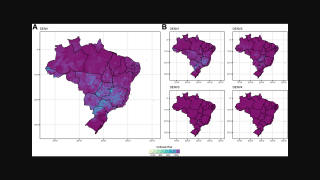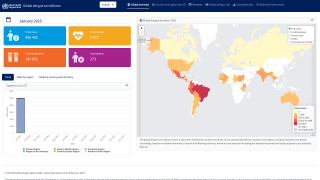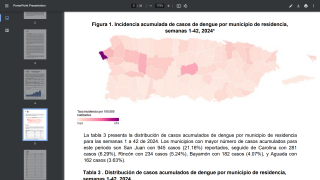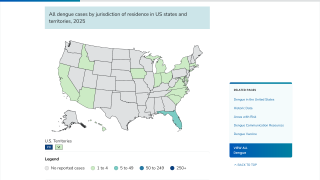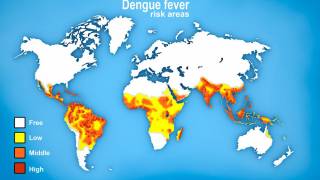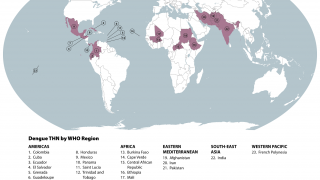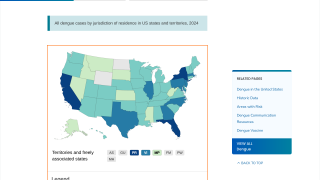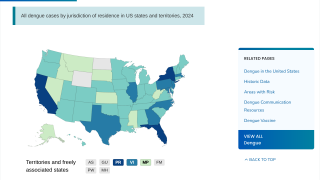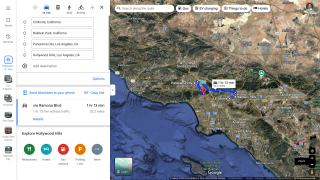Mexico's Dengue Outbreaks Are Predictable

Global health researchers at the Rutgers Global Health Institute recently analyzed data from Mexico's Ministry of Health to identify dengue fever hotspots.
Dengue fever has been reported in 28 of 32 states in Mexico, and researchers have long known that socioeconomic status and weather affect dengue fever outbreaks.
But the factors contributing to disease severity haven't been studied.
Working with epidemiologists at the University of North Texas and Universidad Autónoma de Nuevo León, the research team calculated environmental and socioeconomic risk factors and mapped areas where dengue virus (DENV) outbreaks occur.
Published by Ecological Informatics in Volume 74, May 2023, climatic factors were found as the best predictor of the occurrence of one of the four DENV serotypes.
Across populations with dengue fever (DF), higher temperatures and increasing rainfall predicted lower rates of severe cases.
While humidity, lower altitude, higher poverty, and DENV serotypes were all positive predictors of dengue severity.
This data was overlaid with localized weather and socioeconomic statistics, such as literacy, access to health services, electricity, and sanitation.
As expected, each degree Celsius increase in temperature was associated with lower virus occurrence rates, as mosquito eggs don't hatch well in high heat.
While increasing humidity was associated with an increase in the rate of each virus serotype.
The researchers produced heat maps from this data highlighting dengue virus distribution and severity.
Hotspots were generally observed in humid coastal regions at lower altitudes.
The country's most prevalent serotype was DENV-2, and the least pervasive was DENV-4.
While efforts are underway to develop DENV-specific vaccines, mosquito control programs such as fogging and drone surveillance remain the most effective means of slowing the disease's spread.
Ubydul Haque, an assistant professor of global health at the Rutgers Global Health Institute, stated in a press release issued on February 1, 2023, data visualization can help health officials plan where to target their activities.
"Our data shows that DENV-2 is deadlier than other serotypes."
"If regional health officials had limited resources for their control program, they could focus most of their resources in places where DENV-2 was prevalent."
These findings are relevant since as many as 20% of DF-related fatalities in the Americas occur in Mexico, according to the World Health Organization (WHO).
Throughout Mexico, the WHO/PAHO reported 53 dengue deaths were confirmed in 2022.
Moreover, dengue outbreaks have been established in 46 countries and territories in the Region of the Americas.
Disclosures: There was no funding for this study. Rutgers Global Health Institute supported U.H., and no industry conflicts of interest were disclosed.
Our Trust Standards: Medical Advisory Committee




